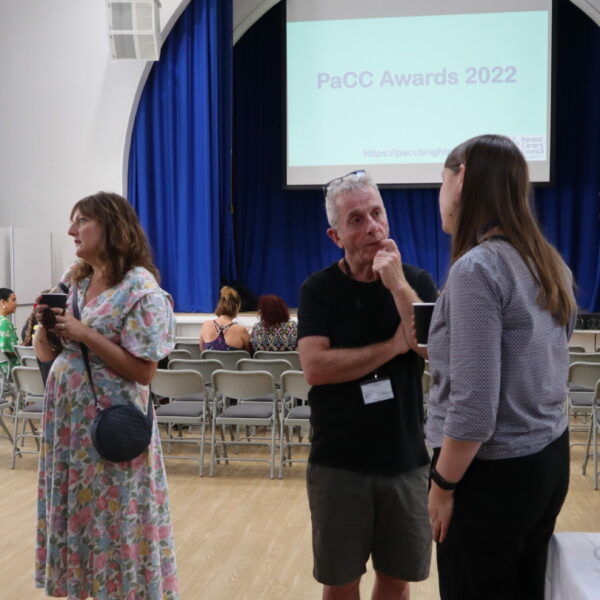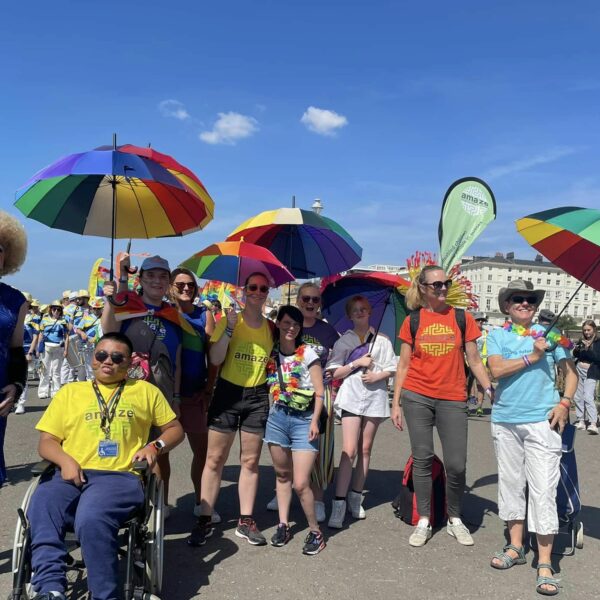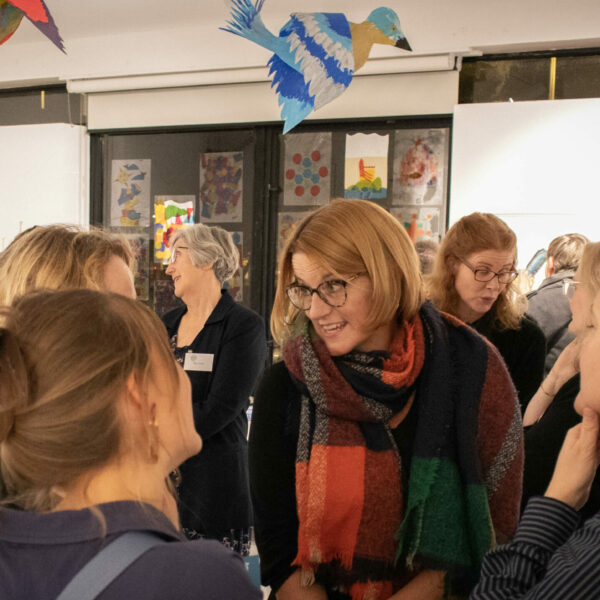Amaze's use of language around disability and neurodivergence
Why we talk and write about disability and neurodivergence in the way we do.
Amaze recognises that the language we use matters. Amaze talks and writes about children and young people with special educational needs and disabilities (SEND). We describe children and young people as having additional needs. We talk about children and young people being neurodivergent or having neurodifferences. We may also refer to disabled children/young people or sometimes to children and young people with disabilities.
We use these terms (and others) because they reflect the most commonly understood language around disability and neurodifference at the current time, used by disabled and neurodivergent people, their carers and the professionals who support them. However, we recognise that sometimes there will be differences between the most commonly understood terms and those being adopted by the community themselves (see managing changing language for more on this).
Our style
We try and use straightforward language, avoiding jargon, and explaining complicated terms.
We may use acronyms such as SEND (special educational needs and/or disability) or ADHD (Attention Deficit Hyperactivity Disorder) where those phrases are commonly understood and appropriate, but we will always spell them out the first time you see them.
Using positive language
In terms of language, we aim to be disability positive and neuro-affirmative; this means we mostly try and avoid phrases that suggest disabled or neurodivergent people are lacking in something (deficit language) and instead choose positive terms or terms that relate to the society around them. For example, we would not describe a child as having challenging behaviour; we would instead talk about distressed behaviour or behaviour that challenges those around them.
We may occasionally have to use deficit language, where that kind of language is essential to understanding. For example, we may use deficit language when we are explaining an external service where that service uses it to describe their eligibility criteria. Similarly, if we are writing about how to work through a process that is based on a deficit model, such as claiming a disability benefit like Personal Independence Payment (PIP) or seeking an Education, Health and Care Plan (EHCP), we may need to use some deficit language to advise how to do this successfully.
Managing changing language
At Amaze, we know that the language around disability and neurodivergence is fluid and always evolving. For example, when we began supporting families over 25 years ago, the phrase ‘special needs’ was widely used. This has largely disappeared from legal and professional contexts, to be replaced by ‘special educational needs and/or disabilities, and families often prefer ‘additional needs’.
As we are fully immersed in the SEND community, we are always alert for changes in the terms preferred by children and young people and their parent carers, and we change our language to reflect that where we can. For example, we know that many families now prefer using Trisomy 21 or T21 instead of Down syndrome. We have begun to use it in our literature but will continue to use both until the term is more universally adopted.
Another important example is the language people use around neurodevelopmental differences including autism and ADHD. We now use terms like neurodivergent and say autistic person (identity-first language) rather than person with autism (person-first language). This is in response to a growing consensus within the autistic self-advocacy community (and the autistic people who work at Amaze or use our services) that identity-first language is preferable, as it better reflects the experiences of autistic people. On the other hand, most adults with ADHD say they prefer person-first language because they feel the way they experience the world is directly affected by their ADHD.
Whilst we must make choices around language, we know that each person’s experiences are different and expect individual people with additional needs or neurodifferences to identify in whatever way they prefer.
It’s important to bear in mind that changes to commonly used terms in our literature may not always be immediate. We have limited resources for checking and updating and we may only be able to refresh language gradually. We also know that parents, young people and the wider community may not have caught up with changing language so we will sometimes use a mixture of older and newer language to allow for this. We may need to keep older terms, such as special needs, in certain locations on our website, to ensure that we attract people searching on those terms via search engines.
Co-production
Amaze’s resources and literature are developed by and for parent carers and young people with SEND. We utilise our staff and volunteers who are disabled or neurodivergent or who are parents of children with additional needs (including autism, Down syndrome (T21) and other physical and learning disabilities) to check our resources for content and language used.
We also work closely the local parent carer forums, enlisting their advice and support about any relevant developments to our information and language. For example, we work with PaCC and ESPCF to produce resources around neurodevelopmental differences for our ND Family Support project.
Many Amaze staff and volunteers are disabled or neurodivergent, including young people in our Amazing Futures team. They help us reflect the most current language around disability and we consult the young people who attend our Amazing Futures groups about SEND information too.
We are committed to increasing co-production with families from the global majority/Black, Asian and minoritised ethnic communities, and parent carers/adults who have lived experience of disability or are neurodivergent themselves.
Amaze works in partnership with other organisations and services. We’re committed to promoting the use of disability-positive and neuro-affirmative language with all our partners.
Give us your feedback
Even with all this conscious focus on language, we know we don’t always get it right. If you consider that any of the language we use or that is used in the things we reference is poor or unacceptable, please tell us. You can use the feedback form on our Contact us page.
And if you are interested in becoming part of a group of parent carers or young people that comment on our resources and information, email [email protected]







